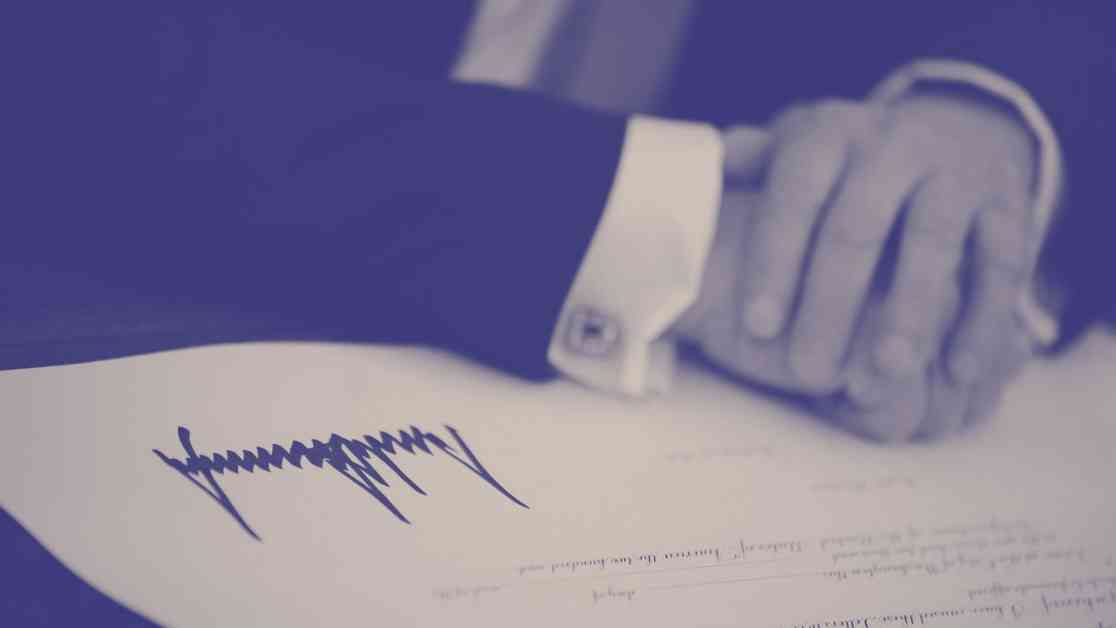Donald Trump’s impact on executive authority has sparked a flurry of controversy, with firings of officials across the federal government raising legal eyebrows and constitutional concerns. From inspectors general at Cabinet agencies to prosecutors at the Department of Justice, Trump’s actions have been met with skepticism and scrutiny. The Administration’s disregard for legal protocol, including laws requiring notification to Congress and adherence to civil-service protections, has left experts and observers questioning the boundaries of executive power.
Jack Goldsmith, a Harvard Law professor and former head of the Justice Department’s Office of Legal Counsel, recently shared his insights on the matter. In a conversation with him, he highlighted the strategic nature of the Administration’s actions, suggesting they may be setting the stage for test cases to challenge existing legal precedents. Goldsmith raised concerns about the potential illegality of various moves by the Trump Administration, including spending freezes, firing civil servants, and refusing to enforce laws passed by previous administrations.
The central issue at hand revolves around the concept of the unitary executive, granting the President broad powers to remove executive-branch officials. However, the Supreme Court has placed limitations on this power in the past, leaving room for debate on the legality of Trump’s recent actions. Goldsmith pointed to the potential consequences of a Supreme Court ruling in favor of expanding Presidential authority, emphasizing the dramatic changes it could bring to the government’s structure and function.
One of the key cases that might influence future legal battles is Trump v. United States, a recent Supreme Court decision that granted the former President unprecedented immunities from criminal prosecution. This ruling also touched upon the President’s power to enforce the law, suggesting a broader interpretation of executive authority that could have far-reaching implications. By examining this decision in conjunction with Trump’s recent actions, legal experts like Goldsmith are attempting to anticipate the direction in which executive power may be heading.
Looking ahead, Goldsmith expressed deep concerns about the trajectory of the Justice Department under the current Administration. Citing a pattern of escalating retaliation and favoritism, he warned of the long-term implications for the department’s independence and legitimacy. While acknowledging past mistakes and missteps within the Justice Department, Goldsmith stressed the need to address the current challenges without compromising the fundamental principles of justice and fairness.
In conclusion, the ongoing debate surrounding Donald Trump’s impact on executive authority underscores the delicate balance between Presidential power and constitutional constraints. As legal experts like Jack Goldsmith analyze the nuances of recent events and their potential implications, the broader implications for the rule of law and governmental integrity remain at the forefront of public discourse. The coming days and weeks are likely to shed more light on the complex interplay between politics, law, and governance in the United States.












